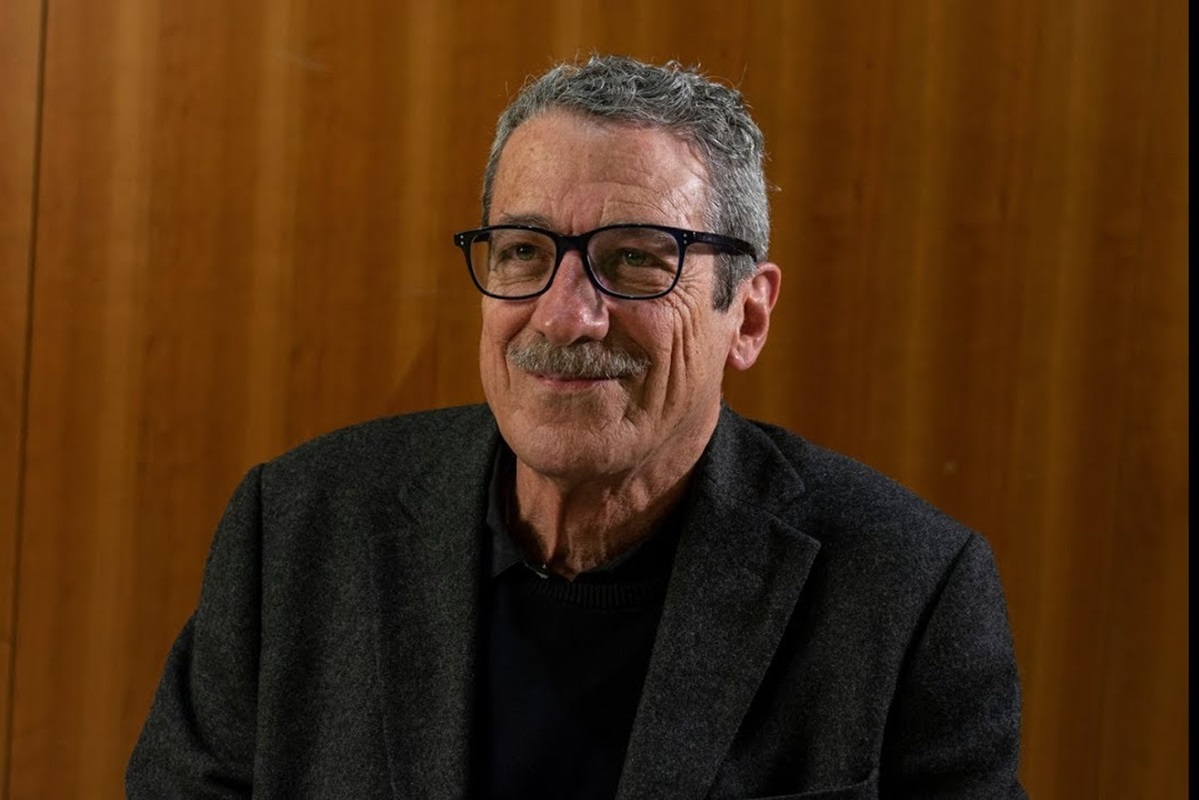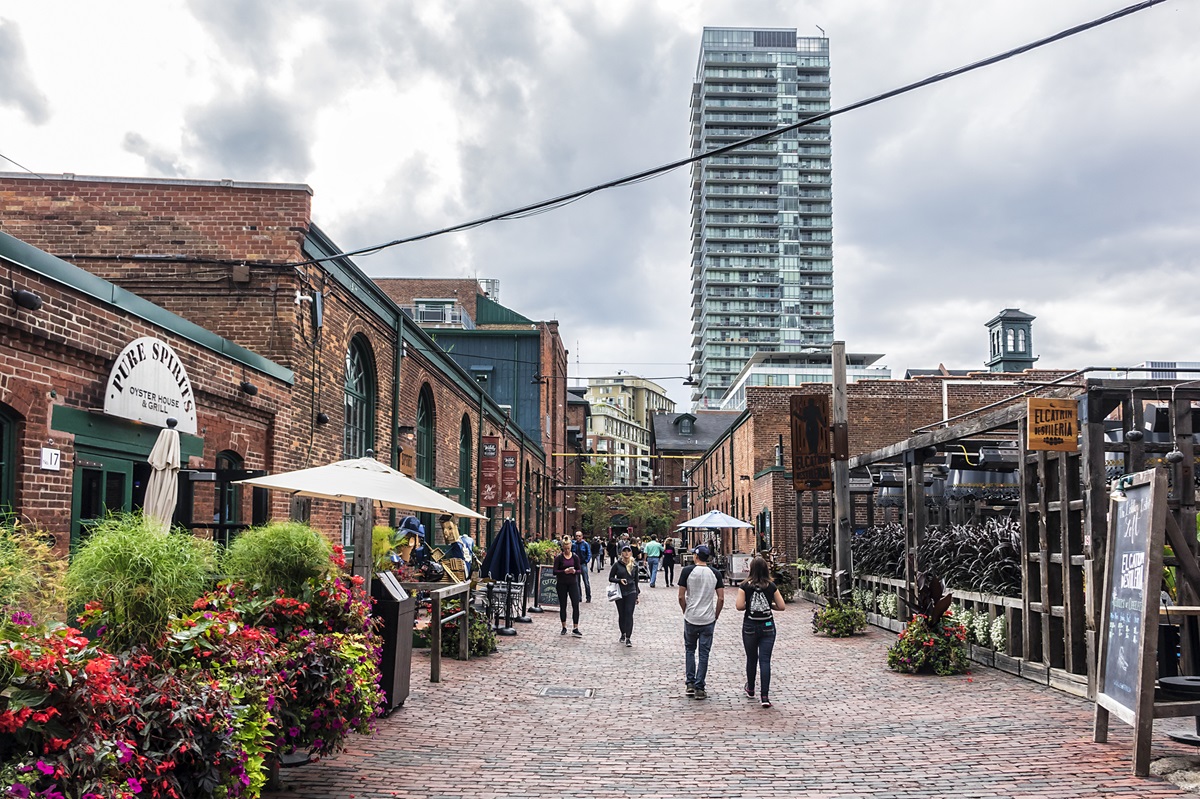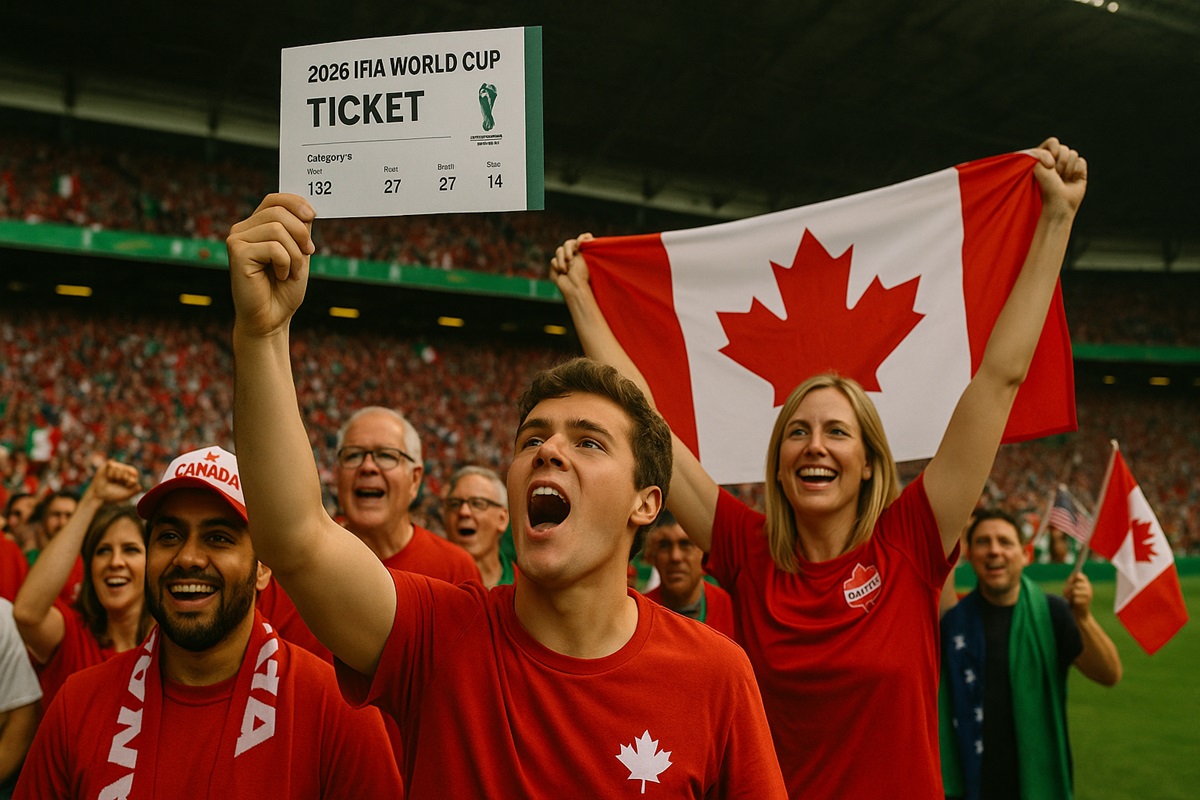When the first ball is kicked at BC Place in June 2026, Vancouver won’t just be hosting a soccer match — it will be showcasing one of the most ambitious urban and economic projects in its history. The Canadian host city has embraced the FIFA World Cup as a catalyst for investment, tourism, and long-term growth, turning sport into a strategic business opportunity.
A Stadium Reborn
BC Place, Vancouver’s iconic 54,500-seat venue, has already witnessed memorable moments — from the 2010 Winter Olympics to the 2015 Women’s World Cup final. But its latest transformation is its most ambitious yet. The downtown stadium is undergoing a $150–200 million renovation, designed not only to meet FIFA’s strict standards but also to secure a legacy that will last well beyond 2026.
Among the most visible changes is the installation of a natural grass pitch, a mandatory FIFA requirement, replacing the long-standing artificial turf. A new central players’ tunnel will allow teams to enter the field in grand fashion, while fully modernized locker rooms, media studios, and broadcast facilities will bring the venue up to world-class specifications.
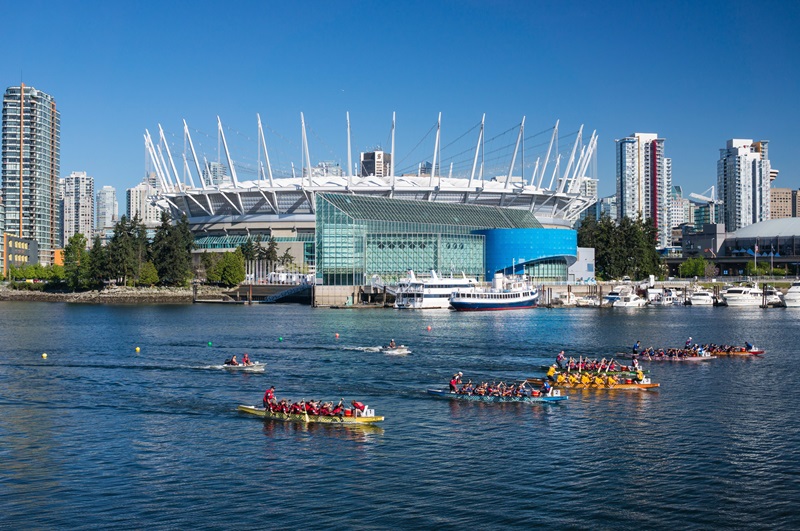
Perhaps the most striking upgrades are happening in the hospitality zones. BC Place is building new premium lounges — the Field Club Lounge and Corner Club — offering exclusive match-day experiences and panoramic views of False Creek. These spaces, along with expanded private suites, are designed to attract high-end sponsors and corporate clients. After the tournament, they’ll serve as event and conference venues, ensuring long-term returns on investment.
The stadium’s technology is also being overhauled: a new HD central scoreboard, enhanced Wi-Fi, upgraded security systems, and dual power sources to meet FIFA’s broadcast and safety standards. When complete in mid-2025, BC Place will stand as one of North America’s most advanced multipurpose stadiums.
Infrastructure Beyond the Pitch
The World Cup’s impact will be felt far beyond the stadium walls. Vancouver is using the tournament to accelerate long-planned urban projects and strengthen its position as a global events destination.
The Broadway Subway Project, a $2.8-billion expansion of the city’s rapid transit system, is one of them. Though full completion is expected by 2027, key sections will open by 2026 — just in time for the tournament. The project will improve mobility across the city, particularly for visitors traveling to and from the downtown core.
Meanwhile, a new $104-million open-air amphitheatre is rising at the Pacific National Exhibition (PNE) grounds. This site will host the official FIFA Fan Festival™, where thousands of fans will gather daily to watch live matches, concerts, and cultural events. The amphitheatre’s distinctive mass-timber design and 10,000-person capacity will leave Vancouver with a major cultural venue long after the World Cup ends.
Upgrades to parks, cycling paths, and pedestrian areas are also underway, forming part of a broader effort to modernize Vancouver’s urban experience. For city planners, the tournament is less a one-month event and more a once-in-a-generation development accelerator.
The Accommodation Challenge
Vancouver’s biggest test may not be on the field but in its hotels. Forecasts estimate that over 350,000 visitors will flood the city for its seven World Cup matches. To help fund preparations, the city introduced a 2.5% hotel and short-term rental tax, in effect until 2030. Revenues will cover public services and security during the event.
However, a Deloitte study warns of a 70,000 room-night shortfall, potentially costing the local economy $45 million in lost tourist spending. To avoid that scenario, officials are exploring creative solutions: temporary relaxation of short-term rental rules, incentives for homeowners to list on Airbnb and VRBO, and even luxury cruise ships repurposed as floating hotels docked in Vancouver’s harbour.
Sunborn International has already proposed a 250-room “yacht hotel” moored beside the Convention Centre — a move that would add high-end capacity while doubling as a tourist attraction. With limited new hotel construction in recent decades, every additional bed counts. For the hospitality sector, the World Cup could spark long-awaited growth and modernization.
Related content: Toronto and Vancouver Gear Up for 2026 World Cup
The Business of Hosting the World
The numbers behind Vancouver’s hosting effort are impressive. According to provincial and FIFA reports, the World Cup could inject $1.7 billion in total economic activity into British Columbia, including an estimated $980 million boost to GDP and $610 million in new labour income.
Roughly 18,000 full-time equivalent jobs will be supported across construction, hospitality, transportation, and media sectors between 2023 and 2031. The provincial government expects to collect $216–224 million in additional tax revenue, offsetting a substantial portion of the upfront costs, which are projected at around $500 million across all levels of government.
For context, Metro Vancouver’s annual GDP exceeds $100 billion, so a $980 million surge in just a few years represents a significant impact. The influx of spending will ripple across small businesses, restaurants, airlines, and event suppliers. Beyond the financials, the tournament is expected to reaffirm Vancouver’s reputation as one of the most livable and forward-thinking cities in the world.
Image, Legacy, and Global Reach
Billions of viewers will watch the 2026 World Cup, and many will see Vancouver for the first time — its harbour framed by mountains, its skyline glistening beside the Pacific. That global exposure is priceless. British Columbia’s tourism ministry estimates the event could attract one million additional visitors in the five years after the tournament, building on the immediate post-event momentum.
The comparison to the 2010 Winter Olympics is inevitable: that event reshaped Vancouver’s global image and helped fuel a decade of tourism and investment. The World Cup, with a far larger audience and broader cultural resonance, is poised to generate an even greater “halo effect.”
BC Place’s modernization will also ensure the city remains competitive for future mega-events — from MLS finals and international friendlies to major concerts and conventions. For local businesses, that means sustained opportunity long after the final whistle.
Community Gains and Sporting Legacy
At the grassroots level, the benefits are equally tangible. Killarney Park, set to host team training sessions, is being upgraded with two FIFA-standard grass fields, new lighting, and improved drainage. After the tournament, these facilities will reopen to local residents, offering a lasting boost to community sports.
The National Soccer Development Centre (NSDC) at the University of British Columbia, already a professional-grade complex, will serve as an additional training site. Together, these projects elevate Vancouver’s soccer infrastructure and inspire a new generation of Canadian players in a province where hockey has traditionally dominated.
More Than a Tournament
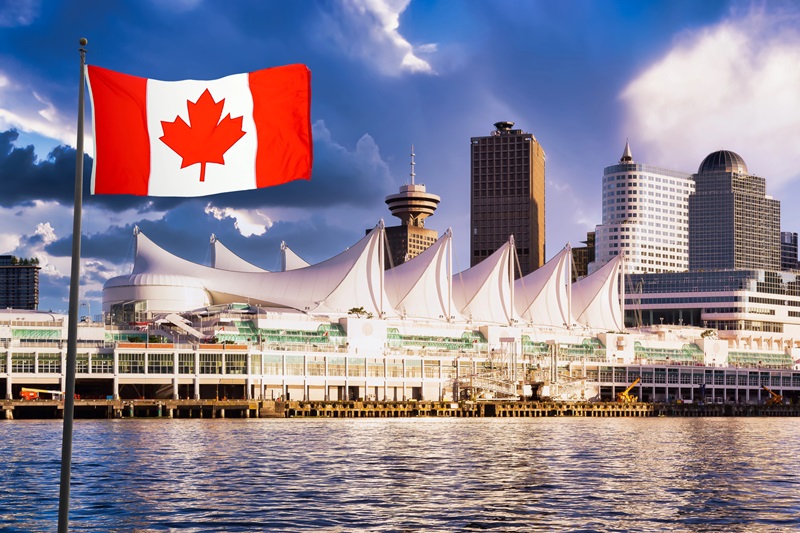
For Vancouver, hosting the 2026 World Cup isn’t merely about soccer. It’s about branding, innovation, and future competitiveness. The combination of modern infrastructure, expanded hospitality, and global visibility is expected to yield dividends for years to come.
BC Place will stand as the symbol of that transformation — not just a stadium, but a business hub where sport and economy meet. When the world arrives in 2026, Vancouver aims to prove that the beautiful game can also be a beautiful investment.
Portrait photo: Depositphotos




